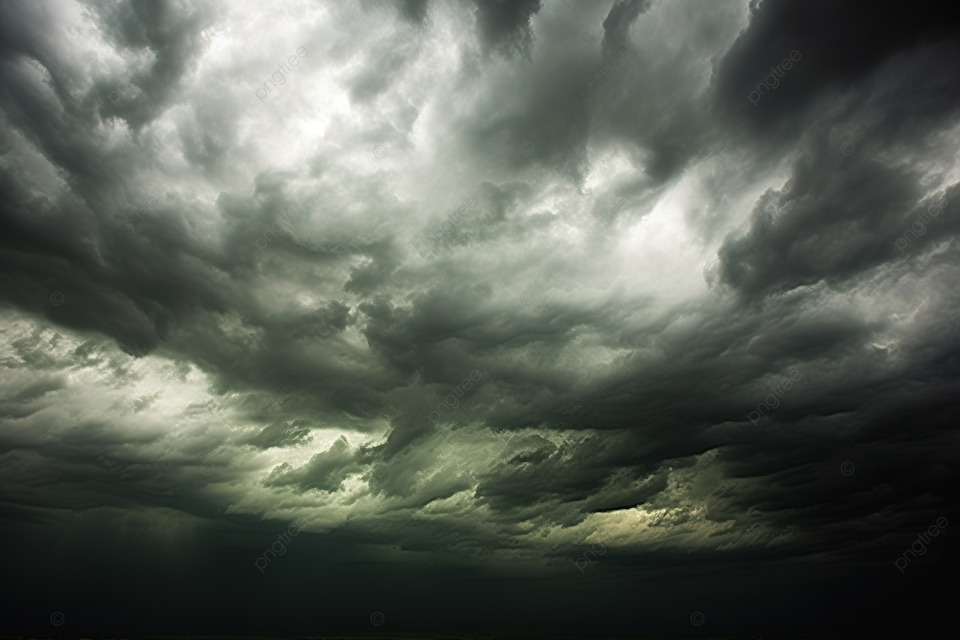“The old world is dying, and the new world struggles to be born: now is the time of monsters.” – Antonio Gramsci
Russia’s Ukraine invasion is the first major physical war between developed countries in the connected age. We are now in the formative years of a new period whose name and character we don’t yet know.
In politics, as in relationships, beginnings matter. But it will be a new world order.
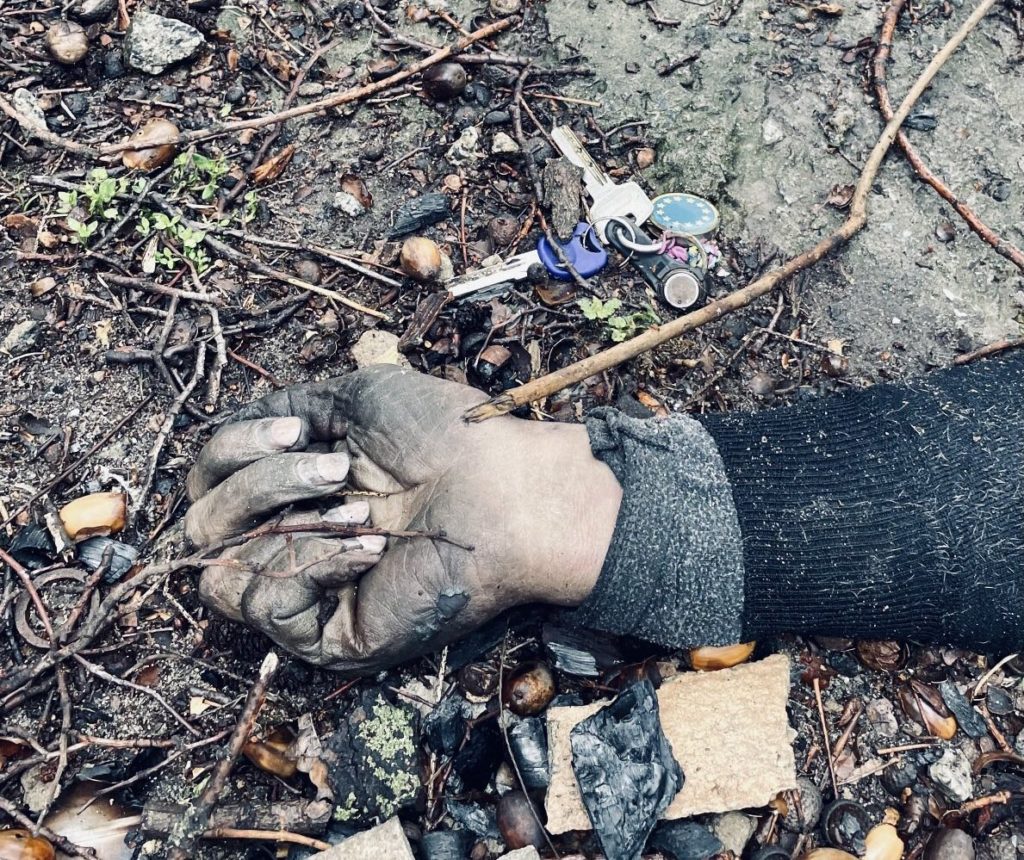
24 February 2024 – – Today marks two years since Russia invaded Ukraine, and this weekend media report after media report after media report will note how terrible the war is, and how hard it is for Ukraine to hold out, and how we should prepare for its eventual demise.
My team and I have covered this war from the start and I have a few thoughts. And really this war started in 2014 with the Russian seizure of Crimea but I will not get wrapped up in such details for this essay.
Also, you might consider this a bit of a melodramatic post, with some over-the-top language, but I have been determined to write something about the inevitable (unstoppable?) rise of authoritarianism and illiberalism of which Ukraine is but one example.
So I shall not apologize. I think it’s difficult to overstate the danger. We humans have a strong tendency to stick our heads in the sand until it’s too late, and we need to wake up. Although the older I get, I have become more of a pessimist, more of a cynic, and think it is too late already to change our trajectory.
But consider this post an introduction to my much longer work-in-progress – as I revisit my cynicism. I am going to move across a wide landscape, and it might appear I am struggling to wrestle my ideas to the ground. But after all, it is a work-in-progress. Which means syntax, structure, and content might be a bit off
.
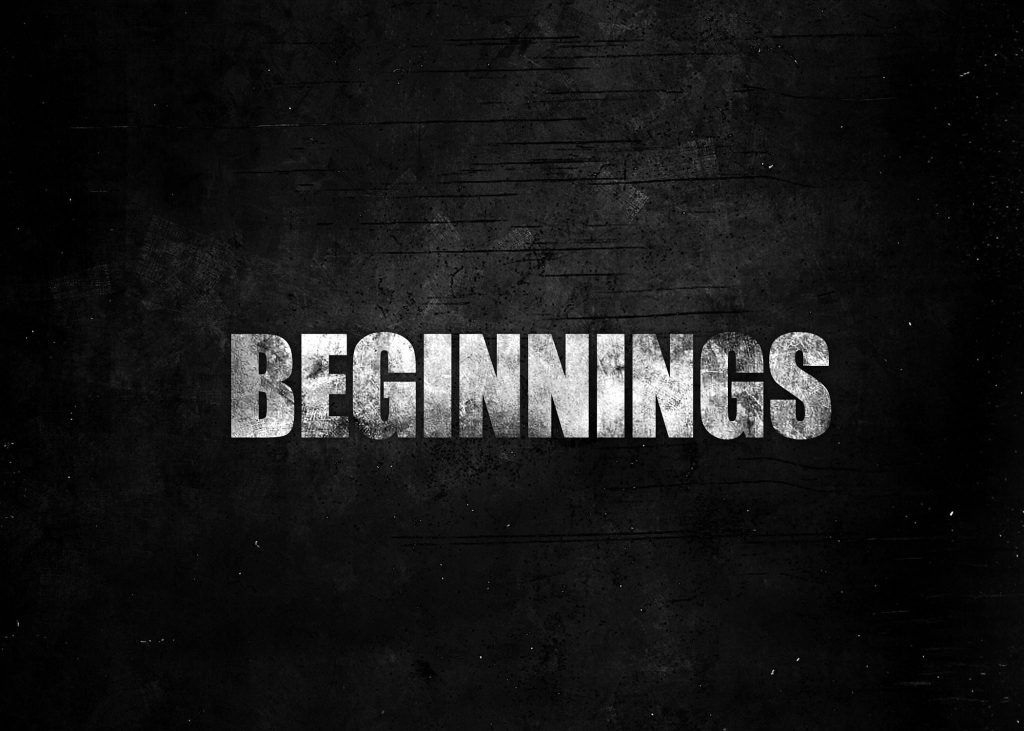
For the last two years we have had front row seats to watch the post-Cold War era get dismantled. It is a staggering milestone with deep, deep ramifications. It was two years ago today I was sitting in my hotel room, having just finished 3 days of filming at the Nazi death camp in Auschwitz, Poland for my movie on the Holocaust, and the political uses of massacres and genocide when Russian launched its massive invasion of Ukraine.
Yes . yes . yes. I know. I know. There is plenty of darkness in the world even at the best of times. Wars, ethnic cleansing, rights violations, suppression of speech and religion … these things are always, or almost always, happening in some part of the globe. No leader and no country is spotless. The blood on the hands of George Bush and Tony Blair and many others are ever present. And yet observers of comparative government and human rights are able to clearly identify times when respect for the rights and liberties of human beings begins to gutter and wane.
We are now in one of those times. The news headlines from around the world give us a continual stream of dark portents. The atrocities across Ukraine. The atrocities across Gaza. The concentration camps and forced mass sterilization of minorities in China. Millions rendered stateless by law in India amid a retreat of secularism. The coup attempt and election denial as a normalized political strategy in America. Rising authoritarianism in Hungary, in Israel, in Turkey, in the Philippines. Protesters massacred in Iran and in Myanmar, suppressed in Belarus, suppressed in Georgia. Mass surveillance everywhere. Internet shutdowns. “Anti-terrorism” laws.
Headlines are just anecdotes but unfortunately data tells the same story. Freedom House, a think tank that tracks political and civil liberties around the world, warns in its 2023 report that “democracy and pluralism have never been in greater assault since World War II”. Well, you can quibble with Freedom House’s measurements and definitions (the 1950s and 1960s were horror shows if you know your history), but at least they’re consistent across time, and for a decade and a half now they’ve shown a world inching toward illiberalism. Even The Economist’s “Democracy Index” shows a deterioration in the last four to six years.
And we are a bit screwed. Because we are governed by the thermodynamics of history. Because civilization is not natural. Sustaining it entails a continuous input of matter, energy, and morale, without which it would necessarily decline or even collapse. That is our human history.
And, yes, signs of civilizational decline or even collapse show up in every morning’s headline, every evening’s newscast. Every society seems divided – resentfully – against itself across the geopolitical spectre, across the frontiers of race, gender, ethnicity, and class. Vicious hate and slander streams through the hydra-headed portals of the internet, goading quorums of non-law-abiding citizens to hate and destroy. Not to help, love, or talk to one another.
We in the West (especially America) are in a kind of hiatus from the realities around us – the unthinkable genocide in Gaza, and Ukraine. Scenes that will never leave you once you’ve seen them:
– a father carrying the remains of his child in a plastic bag
– a mother clutching her dead baby to her bosom
– a mother unable to find her child because a Russian missile has incinerated her apartment building
Plus the psycho drama of:
– a collapsed and demented American media
– cults of irrationality and violence
But all of this requires histories. Multiple histories. Plural. Not one. Many. Over long periods of time. Because to be ignorant of what occurred before you were born is to remain always a child. For what is the worth of human life, unless it is woven into the life of our ancestors.
Today I cannot share everything I have written so I shall share just a few vignettes, a little history, some current politics, and then build to my thoughts on our new world order.
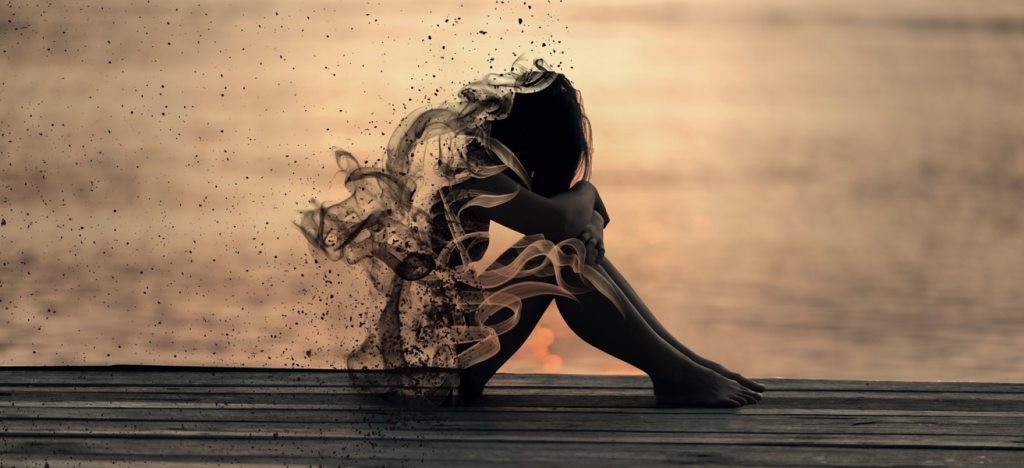
I do not know what a life is without a future, where every day could be your last day. Where you’ve lost your job and your dreams. Where you have lived in a war that tears families apart, losing your relatives, your friends, your home. Where you have been robbed of your sense of security. To witness the destruction of your country and destruction of your cultural heritage, the destruction of all life.
That is the story of Ukraine. And Afghanistan. And Darfur. And Gaza. And Palestine. And Syria. And Yemen. And in so, so many other places. There has been in inordinate amount of attention on the war in Gaza and Ukraine. But millions of people in Afghanistan, Ethiopia, Haiti, Iraq, Palestine, Syria, Yemen and scores of other places have been slaughtered, starved, displaced, left homeless, threatened with torture, destroyed.
But for the moment I wish to focus on Ukraine.
Yes, we have learned about the spirit of a country – like Ukraine where civilians have picked up arms to fight or volunteered to treat the wounded and deliver humanitarian aid. They have learned to survive and support each other under extreme circumstances, in bomb shelters and hospitals, destroyed apartment complexes and ruined marketplaces, under Russian occupation and in areas Ukraine still controls.
But no one is left untouched. The Russians deliberately target civil infrastructure to kill and annihilate. They purposefully destroy peaceful cities without mercy, and they are not planning to stop. They have been accumulating rockets and drones, preparing to strike with everything they have.
I am sure you have read scores of Ukraine stories so I shall just quote one from the thousands my team and I have received from our OSINT network:
When the Russians arrived at her home, Viktoria Scherbak was with her 17-year-old daughter. Scherbak explained that she was a Russian teacher and disabled, but they wouldn’t listen. “There were five of them, armed. They took us outside, took our documents, our phones, put a bag over our heads and led us to the prison,” recalls this 56-year-old Ukrainian from Balakliya, in the Kharkiv region, close to the Russian border.
Mother and daughter spent three days in a tiny cell with two other women. There was not much air. Soldiers regularly came to see them, drunk. One night, one of them came in his underwear to interrogate them. One of their cellmates was tortured with electricity. The other, aged 22, was taken away several times. “She came back exhausted and beaten. They raped her and forced her to make videos about how great it was to live in Russia now. Then they executed her.”
Scherbak was terrified that her daughter would suffer the same fate. During an interrogation, she said she was planning to leave the city with her daughter to go to Kharkiv and then abroad. Her torturers threatened her: “They told me they were going to interrogate my daughter and rape her in front of my eyes. They did. I fainted”.
The town of Balakliya was under occupation for six months, until it was liberated by Ukrainian troops in September 2022. They heard 100s of similar stories. Scherbak said “I have nightmares, I have have flashbacks, my heart problems have worsened, and I’ve developed a stomach ulcer”. The images of planes razing the city at the start of the invasion often come back to her. The bombing burst the windows of her apartment and made “clouds of smoke like mushrooms. This fear is still with us today, we feel a permanent anxiety”.
The full-scale war Russia has been waging in Ukraine since February 2022 has caused trauma on a level that is unprecedented in the country’s recent history. The soldiers fighting on the front line are not the only ones to suffer the effects. Civilians, suffering from bombardments, occupation, the loss of loved ones, the destruction of their homes and their forced departure, are also victims. All generations are affected, regardless of where they live, near the front or in the rear.
One journalist I spoke to who has been all across Ukraine told me:
I haven’t met a single person – man, woman or child – who hasn’t been traumatized. The symptoms take many forms, including depression, anxiety, nightmares, flashbacks, aggressiveness, inability to concentrate, insomnia and suicidal tendencies. If left untreated, these traumas will ultimately have an even greater impact on Ukrainian society than the continual bombing. It is akin to survivors of Nazi concentration camps during the Holocaust“.
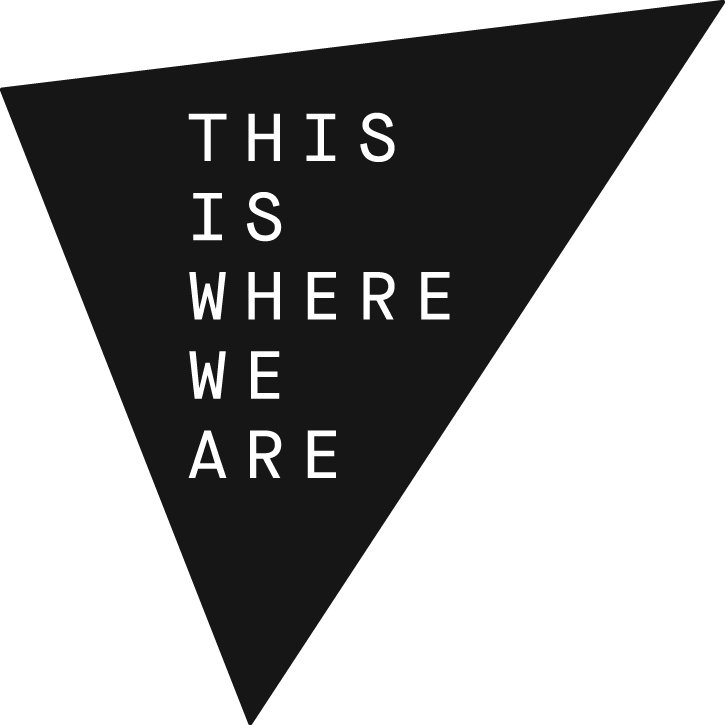
So it’s been two years since Russia made its unprovoked invasion of Ukraine to overthrow a democratically elected government and replace it with a Russia controlled puppet regime. For two long years Ukraine has fought Russia with superior tactics, courage, and support from the west.
Russia in return has lost a quarter of its Black Sea fleet and control of the Black Sea. They have lost more than 400,000 men in battle, lost billions of dollars’ worth of military materiel and their main income source for oil and gas – Europe.
Russia struggles to find labor for factories that have turned to war manufacturing, struggle to find men to replace the dead in its army and struggle to maintain the support of the public, despite controlling mass media. Putin has murdered his main rival Alexei Navalny and has blocked all opponents from running against him.
Few will mention the failure of the U.S. to maintain its support for Ukraine (the U.S. has become an unreliable “ally” to many across the globe). Nor mention of the treasonous activities of Trump’s MAGA extremists in the House of Representatives. Even fewer will mention the GOP claims about Biden corruption that have now been proven to come from Russian intelligence sources, plus the wide allegiances the GOP has to Russia. Meanwhile, the most important war in Europe since WW2 continues, hundreds of thousands die, and the U.S. wrings its hands in mock sympathy.
Europe is to blame, too. Last week at the Munich Security Conference (MSC) the unspoken word was France and Germany have given up. “Ukraine is lost”. So by using their political maneuvers over the European Peace Facility (an off-budget EU financing instrument to delivery military aid to partner countries), the EU’s “remilitarization” is being held-up by the supposed engines of the remilitarization. Behind the scenes, France and Germany are delaying an agreement on the European Peace Facility, thereby holding up aid to Ukraine.
And if you have not followed this, for Germany it is all about the money. Berlin has been financing one-quarter of the EU fund, as contributions are calculated based on national income. Germany now wants a rebate, as it’s also been the biggest donor of bilateral aid to Ukraine.
Plus, as revealed at MSC, diplomats have accused some EU countries of using EPF funds to modernize their own militaries, and then sending their old kit to Ukraine. Estonia claimed the value of new, modern weapons from the EU fund as reimbursement for Soviet-era howitzers that it sent to Ukraine — even though it had already planned to replace them before Russia started its full-scale invasion.
And Macron’s machinations: France’s demand, backed by Greece and Cyprus, is over how the EU money should be spent. France insists on a “Buy European” clause for defense purchases, to ensure any gear that’s purchased with EU money is also made here. But other countries warn this boost for EU industry would come at the cost of delays in getting military kit to Ukraine.
So instead of leading by example, as Denmark has just done, France and Germany risk repeating the same mistake as with ammunition for Ukraine. But they do not care. Every day that Macron and Scholz delay a decision on more aid, Ukrainian soldiers fighting on the frontline are being forced to retreat.
But he does not care.
Even Ursula von der Leyen, head of the European Commission, has joined the party. She has put Ukraine’s EU accession on the back burner, pouring cold water on hopes of making substantial progress on Ukraine’s accession to the EU before the European election in June. She fears the far right’s growth in the polls, and the growing power of European farmers to turn people’s opinion against her and her party. The quiet chatter behind the EU government walls here in Brussels? Ukraine is losing all political momentum. Politics and money. They always win out.
So, yes, a lot of shouting into the wind.
For Europeans, nothing in your plans for the future – personal or business – will matter unless Russia is defeated in Ukraine. Your money in the bank, your property, your children’s education, your job, and your insurance policy will all be worthless data on a computer screen, if Russia is allowed to dominate Europe.
Even Americans with all their money crammed into the stock market may well wave it goodbye if (when?) the world economy collapses. And do not tell me it cannot happen. It happened before and ended with atomic bombs. We are the victims of failed deterrent, of failed defenses, of failed governments.
Yes, it is more nuanced than this brief polemic. But I believe Ukraine will lose. And we shall all lose. We will lose our voices and our rights; we will lose the right to choose our leaders and we will lose our secure futures.
Why will Ukraine lose? Because while the White House and Pentagon and European leaders publicly insist there is no official change in policy – that they still support Ukraine’s aim of forcing Russia’s military completely out of the country – a different story behind closed doors. The Ukrainians themselves, and the U.S. and the European military officials, are now discussing the redeployment of Kyiv’s forces away from Ukraine’s mostly failed counteroffensive into a stronger defensive position against Russian forces in the east. This effort has also involved bolstering air defense systems and building fortifications, razor wire obstructions and anti-tank obstacles and ditches along Ukraine’s northern border with Belarus – the same tactics Russia used to defeat Ukraine’s counteroffensive.
And Biden is stuck. He is navigating the two-year-old war in the middle of a tough election campaign – with Trump and other Republican candidates openly mocking his efforts – so his moves will not play well in the press.
Because as the U.S. helps Ukraine shift to a more defensive posture, the Biden administration appears to be handing the advantage to Putin after insisting since the war began in February 2022 that it stands fully behind Zelenskyy’s pledge of victory over Moscow.
Ah, realpolitik. What a bitch.
Bottom line? Europe and Washington are on the cusp of awarding Putin that which he cannot militarily achieve: Russian domination of eastern and central Europe and renewed opportunity for Moscow to reassert itself in the Balkans and Caucasus.
And allowing Russian “gray zone operations” which I have discussed in the past. This refers to coercive actions that are shy of armed conflict but beyond normal diplomatic, economic, and other activities. Russia has deployed close to 30 different gray zone tactics in recent years against NATO-member states, and will continue to to do so and thereby has no fear of a NATO counter-reaction – thereby gradually altering the regional and international status quo. Expanding its territorial claims – without firing a single shot or launching any military attack.
But more importantly, Putin has shredded the United Nations Charter and the post-1945 international order. There will be no Nuremberg-type war crime trials. Russia would need to be totally and utterly defeated as Germany was. That is not going to happen. Russia will control her own homeland, so identifying and extraditing war criminals will be impossible. After WWII, the Allies had complete control of Germany and her records. Not so here.
So the perpetrators have time to erase all evidence against them – and continue to kill and act with impunity. To conclude, a few paragraphs on the impunity issue for this introductory essay.

We see it across the world. Impunity. The exercise of power without accountability, which becomes, in its starkest form, the commission of crimes without punishment. In Darfur and Gaza and Palestine and Ukraine and Yemen and elsewhere this goes far beyond the original invasions. It has included repeated violations of international humanitarian law, which is supposed to establish clear protections for civilians, aid workers and civilian infrastructure in conflict zones every day. There is the slow recognition that few, if any people, will ever face consequences for these crimes.
As I noted above, there has been in inordinate amount of attention on the wars in Gaza and Ukraine. But millions of people in Afghanistan, Ethiopia, Haiti, Iraq, Syria, Yemen and scores of other places have been slaughtered, starved, displaced, left homeless, threatened with torture, destroyed.
And this impunity is only one part of a broader global trend. In conflicts around the world, attacks on health facilities and civilian structures have increased by 90% in the past five years, and twice as many aid workers have been killed in the last decade as in the one before that. In recent years, civilians account for 84% of war casualties – a 22% point increase from the Cold War period. With no accountability.
That lack of accountability for crimes in all of these places simply fuels the culture of impunity we see globally. It’s not just war zones. Impunity is a helpful lens through which to understand the global drift to polycrisis, from climate change to the weakening of democracy. Where corruption runs rampant. Where billionaires can evade taxes, oil companies can misrepresent the severity of the climate crisis, elected politicians subvert the judiciary, and human rights are rolled back.
This is impunity in action. Impunity is the mind-set that laws and norms are for suckers. And it will succeed as we move into a new world order. As I opened this post, Antonio Gramsci had it right (although he was speaking of an earlier time) “the old world is dying, and the new world struggles to be born”. And oh, there will be monsters.
But beyond America’s flirtation with autocracy, the coalition that it assembled to win the Cold War is just much weaker now than it was in the 1980s. China has seen its share of world GDP balloon from less than a fiftieth to almost a fifth; it’s now the world’s largest manufacturer, and a strong technological rival to the U.S.
Not only that, but unlike in the latter half of the cold war, China and Russia appear to be solidly allied. In fact, the China-India economic juggernaut is keeping Russia afloat. And Iran and North Korea continue to provide Russia with all the missiles and drones it needs.
And the Iran-Korea connection is so key. Russia’s war in Ukraine has reminded Western observers that a world exists outside the great powers and their core allies. This world, predominantly comprising countries in Africa, Asia, and Latin America, has resisted taking clear sides in the conflict. The war has thus shone a spotlight on the global South as a major factor in geopolitics. Today’s geopolitical landscape is not just defined by the tensions between the United States and its great-power rivals China and Russia but also by the maneuvering of middle powers and even lesser powers. The global South is back. It exists not as a coherent, organized grouping so much as a geopolitical fact.
Meanwhile, America’s old Cold War allies in West Europe and Japan are still rich, but they’re relatively small countries with aging economies.
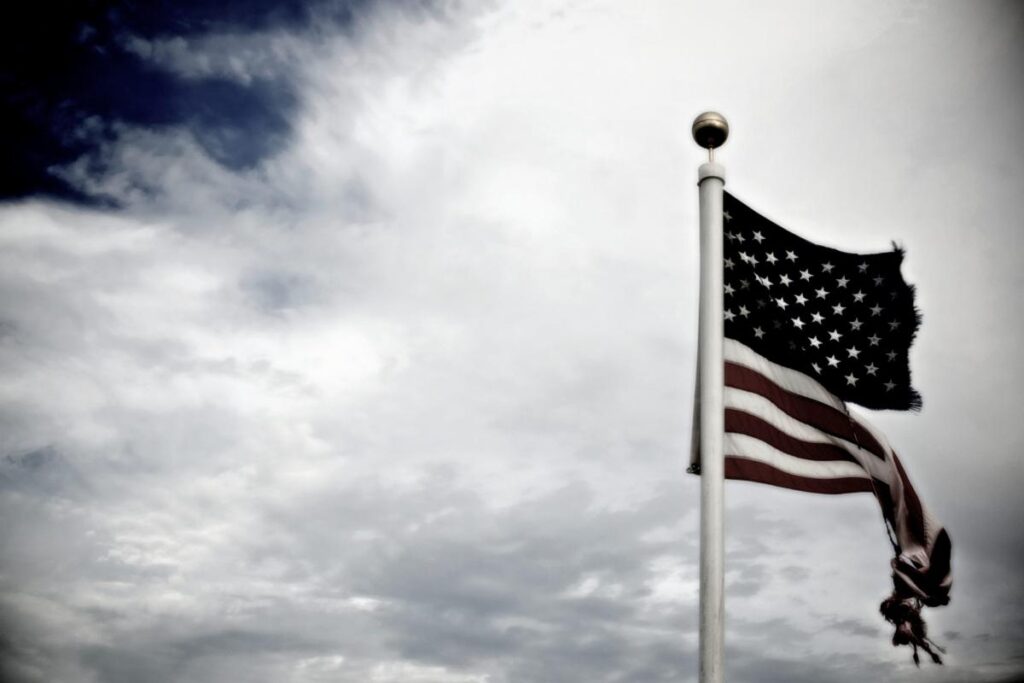
I cannot dwell long on the U.S. The story is too large. But in a way its fate was sealed long ago. For (most) Americans its democratic decline is troubling.
In the 1970s, remember, Nixon failed to become any kind of authoritarian, and social movements forced the U.S. to evolve in a more liberal direction in most respects. That assured that America and its rich and powerful allies in Europe and Asia became bastions of liberalism (more or less) in the later stages of the Cold War.
But that is not happening today. And Trump did not start anything. He was simply following America’s political trajectory over the last 3 decades. Oh, he did various nasty things (family separation, using federal agents as cops, theft of government secrets, corrupt $$$$ deals across the globe, etc.)
But his biggest threat here by far is the rejection of electoral democracy by the dominant faction of the Republican Party. His attempt to brazenly deny the result of the 2020 election and use every means short of civil war to overturn the result was not a one-off thing. It provided a blueprint that the GOP now has embraced for the future. They have now unshackled themselves from any obligation to abide by future election outcomes they hate, and are putting in place the machinery to overturn them, and overturning every other political convention the U.S. has relied on for decades.
If electoral democracy in America relies on Democrats never losing an election, it’s doomed. A once aspirational nation just continues to plunge into anxiety and divisions.
We all know that power corrupts. And brings with it an enormous level of impunity. But what strikes me – especially in the United States – is the one thing that corrupts more than power is access to power. Far worse than an unstable mind given the reins of power are those who willingly place such a deviant in a position of leadership. A petty man is easier to goad, an unstable mind is easier to manipulate, and an unscrupulous moral center is easier to ply and mold. In “King Lear“, is the real villain the aging monarch whose mind is leaving him – or the fawning daughters who feed his vanity to gain inheritance?
In America’s recent history, are the real villains those who have abused the office of the President and expanded the scope of the presidency far beyond its constitutional bounds – or those who’ve demonstrated such extreme capacity for setting aside principles, morals, and ideological moorings to have the ear of whoever happens to win these popularity contests we ostensibly still call elections?
A group of political assassins is quietly (well, no so quietly) threatening American democracy.
But then again, Americans are idiots. When I was a child in America, we were taught that the Founding Fathers were political geniuses in powdered wigs who created a democratic system that remains envied throughout the world.
No. Wrong. Re-read your history. The Founding Fathers didn’t intend to create what contemporary Americans would call a democracy. The Founding Fathers were progressive and even radical for their time, but they birthed a now-outdated political system that allows a partisan minority in the U.S. to thwart the popular will and rule over popular majorities – the very danger James Madison wrote about in the Federalist Papers. And now, given the demographics of the country, it’s not hyperbolic at all. Given the numbers in this country, the only way to not empower the emerging multiracial majority in America is through nondemocratic means.
As I said, I cannot dwell on the U.S. The story is too large. But in a way it’s fate was sealed long ago. Way back in the early 1980s the U.S. was a weakened but still operational democracy. But that’s when New Gingrich and Grover Norquist laid the groundwork for Republican extremism and intransigence at the local, state and regional level. Many Americans reading this will remember Democrat Tip O’Neil and his warning “all politics is local” and told the Democrats that they need to have a plan to battle the Republicans at the local/state level. But they did not.
Gingrich and Norquist had a plan – and stuck to it, as did their successors. They began knocking off Republican moderates, whom they and their lieutenants were beginning to think of as RINOs —”Republicans in Name Only” — which so many people today think is a new term, and they marshaled “Movement Conservatives” to take over the party and the country. It would take time and they knew it.
But then the collapse of the USSR gave the branch of the Republican Party that wanted to destroy the New Deal and Democrats confidence that their ideology was right. Believing that their ideology of radical individualism had destroyed the USSR, these so-called Movement Conservatives very deliberately set out to destroy what they saw as Soviet-like socialist ideology at home. Grover Norquist wrote in the Wall Street Journal:
“For 40 years conservatives fought a two-front battle against statism, against the Soviet empire abroad and the American left at home. Now the Soviet Union is gone and conservatives can redeploy. And this time, the other team doesn’t have nuclear weapons.”
You need to understand this long U.S. political history to understand the GOP “revolution”. It is far, far, far more than Donald Trump.
And so the U.S. has become a dysfunctional, stupefied plutocracy. No matter who occupies the White House, or what the issue immediately on hand in Congress (environment or debt, military spending, immigration, health care, education, the wars on poverty, drugs and terror and fill-in-the-blank), the concentrations of wealth and power impose more laws restraining the liberty of persons, fewer laws restricting the license of property; open an ever-widening spread of income inequality, reserve an ever-larger share of the nation’s wealth to an ever-smaller fraction of its people. That is now fixed.
The nation’s political discourse meanwhile has dwindled into the staging of election campaigns with candidates prized for the gift of saying nothing. Forbidden the use of words apt to disturb a Gallup poll or offend a bagman, they stand and serve as product placements for concentrated wealth, their quality to be inferred from the cost of their manufacture. Machine-made tools so well-contrived they can be played for jokes and presented as game show contestants until on election night they come to judgment before the throne of cameras by which and for which they are produced.
Yes, the 60th U.S. presidential election will be quite unlike any that has gone before as the US, and the rest of the world, braces for a contest amid fears of eroding democracy and the looming threat of authoritarianism. It will be a fight marked by numerous unwanted firsts as the oldest president in the country’s history will face the first former US president to stand trial on criminal charges. Well, unless God decides to weigh in on the race.
But there you have it: a once aspirational nation will continue its plunge into anxiety and divisions about crime, immigration, race, foreign wars and the cost of living. The Republicans have corrupted and gamed the entire political and judicial system. And I am certainly not discounting the dark side – how many of them are subject to Russian kompromat.
And that crowd of sheep called MAGA? Emotion, not logic, drives that breed. Hate, revenge, anger, envy. It simply feeds into the human context against which the democratic idea emerges. It is a losing battle.
But that is the problem, isn’t it? Genuine democracy doesn’t make grand promises, does not seduce or charm, but only aspires to a certain measure of human dignity. It is not erotic. All MAGA needs is emotion, to be erotic, to feed simple needs. That’s what feeds populist, authoritarian regimes.
Bottom line? Oh, the U.S. has not seen anything like what is coming. Opportunists will take full advantage of the climate wars, information wars, famines, migration emergencies, etc., etc. to create self-serving cults even worse than MAGA.
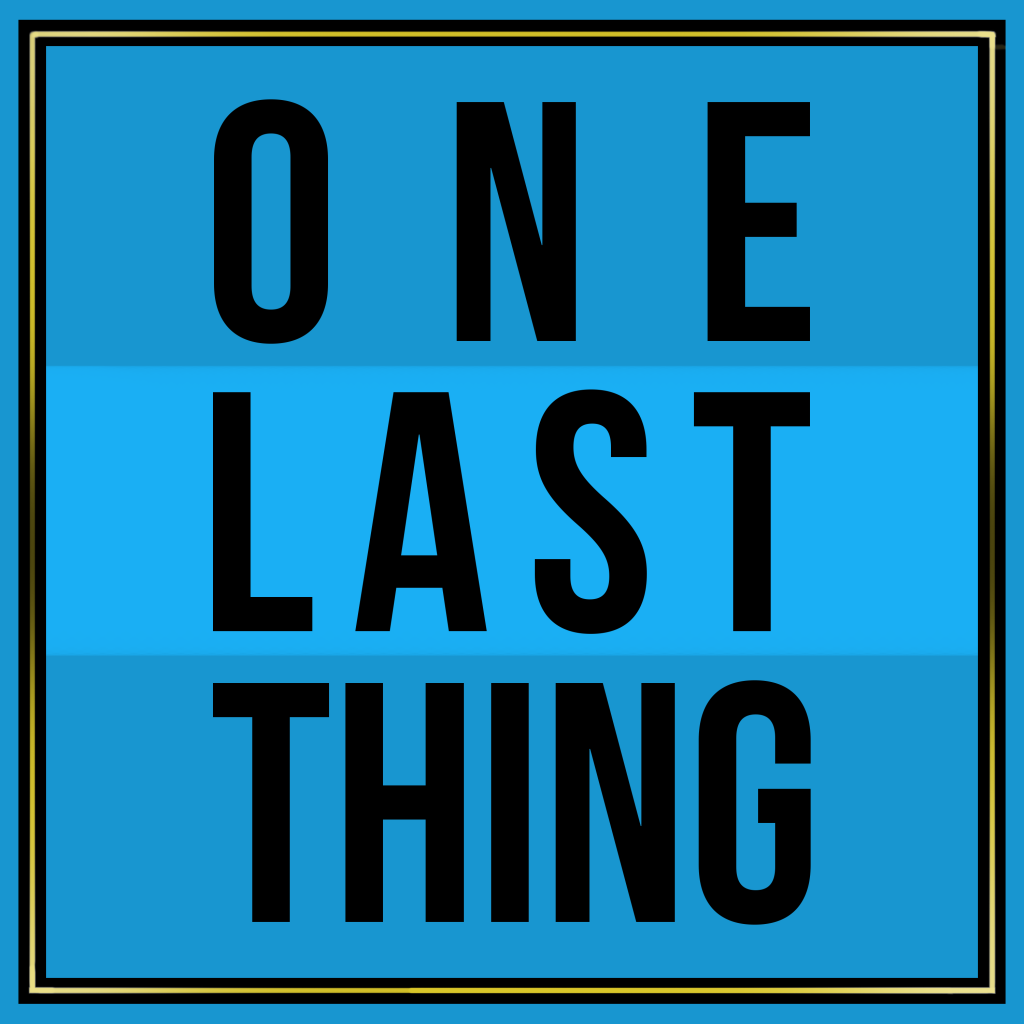
Someday they will say of us that we were living in a strange time, the kind that usually follows revolutions or the decline of great empires. It was no longer the heroic fervor of midcentury upheavals, the glamorous vices of concentrations of power, or the skeptical soullessness and insane orgies of the latest bubbles.
It was an age in which despair and material comfort, technological wizardry and political malaise, and a paradoxical freedom, both from criticism and to endlessly criticize, were mixed together, along with deep but narrow enthusiasms, the renunciation of utopias, condescension toward the past, weariness of the present, and pessimism for the future.
We thought we were sublime. We thought we’d solved everything. But we were actually complacent. We had lost the thread of the story. We were sleep walking into the Apocalypse. It was the end of we knew not what, and so there was no real “we must put our house in order!!” because earth-shaking events had become the norm.
But everyone, everywhere, lives by a story. This story is handed to us by the culture we grow up in, the family that raises us, and the worldview we construct for ourselves as we grow. The story will change over time, and adapt to circumstances. When you’re young, you tend to imagine that you have bravely pioneered your own story. After all, the whole world revolves around you.
As you age, though, you begin to see that much of what you believe is in fact a product of the time and place you were young in.
It was a study of the First World War that turned it around for me. It was monumental in scope, larger and more devastating than anything in anyone’s experience. The factors leading up to it were a confusing tangle of alliances, feuds, and rivalries, and complexities that the ordinary person might be hard-pressed to say just what they were fighting for. So many had died, and for what?
Oh, the complexity of the world. And the faux social environment that rewards simplicity and shortness, and punishes complexity and depth and nuance. I simply detest it. To understand the world you need to step outside your usual lanes, and cross disciplines, and cultural boundaries.
And I get it. It ain’t easy. I realize that many of my readers are “commerce monkeys, commerce machines” (not my turn of phrase – provided by a long time reader) – with barely enough time to read and write and produce for your jobs. You barely have time to scan and parse social media to keep up-to-date. I know. I know.
Because to be an informed citizen is a daunting task. We move through myriad, overlapping spheres, ones that are forever entangled. Moving at an exponential pace – living through social and technological change on the scale of the Agricultural or Industrial Revolution. But occurring in only a fraction of the time.
What we are experiencing today – the breakdown of all existing authority, primarily but not exclusively governmental – is if not a predictable result, at least an unsurprising one. All of these other features are just the localized spikes on the longer sine wave of history.
We have forgotten our history – assuming anybody has actually read it. The arc of the moral universe does not bend toward moral progress and justice. Freedom, democracy, liberalism are mere blips on the screen of humanity. Autocracy, totalitarianism and dictatorships have long ruled the roost.
And for those tech nerds among us, we made the constant mistake of correlating advancements in technology with moral progress. We metastasized into an army of enraged bots and threats. That blip of tech nostalgia and cheer has long been forgotten.
So it is not hard to see that the world has come to a critical juncture, a point of possibly catastrophic collapse. Multiple simultaneous crises – many of epic proportions – raise doubts that liberal democracies can govern their way through them. In fact, it is vanishingly rare to hear anyone say otherwise.
While thirty years ago, scholars, pundits, and political leaders were confidently proclaiming the end of history, few now deny that it has returned – as if it ever ended. And it has done so at a time of not just geopolitical and economic dislocations but also historic technological dislocations.
To say that this poses a challenge to liberal democratic governance is an understatement. As history shows, the threat of chaos, uncertainty, weakness, and indeed ungovernability always favors the authoritarian, the man on horseback who promises stability, order, clarity – and through them, strength and greatness.
The emergence of liberal democracies was associated with ideals of liberty and equality that seemed self-evident and irreversible. But we know know those ideals were far more fragile than we believed. Their success in the 20th century depended on very unique social, political and technological conditions – that have now proved ephemeral, all now evaporated.
Remember G.K. Chesterton:
The madman is not the man who has lost his reason. The madman is the man who has lost everything except his reason.
